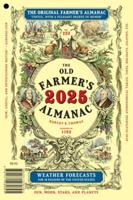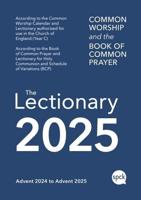Publisher's Synopsis
Excerpt from Federal Grain Inspection: Hearings Before the Committee on Agriculture and Forestry, United States Senate; January 16, 1908, February 6, 1908 and April 2, 3, 4, and 8, 1908
Mr. Hamlin. That is one of the reasons; but I should say, apart from that, that every State is entitled to inspection as of right, and not as determined by the judgment of the Secretary. There is noth ing in this bill to say that the Secretary is bound, for example, to provide for Federal inspection at Galveston.
The great State Of Indiana is not mentioned here among these 15 or 16 privileged cities which of right shall have Federal inspectors stationed there.
Senator long. Is your objection to the bill as 'to its details, or to its general policy?
Mr. Hamlin. It is to both, sir, but I thought it was fair to take the bill and what it purports to do, and suggests 'certain criticisms to make the bill more effective along the lines that it purports to go, and then Object to the purpose of the bill as perfected.
As I shall try to show - and I shall be very brief - to carry out the real purpose of this bill, we believe that Federal inspectors would have to be stationed at practically every initial and terminal railroad station in the United States where grain goes in interstate commerce. Otherwise you must force all shipments to be collected at some one point in a State, and delivered at some one point in another, which might cause great diversion of transit before these shipments could leave the State on the interstate journey and reach the consumer at the place of ultimate destination.
About the Publisher
Forgotten Books publishes hundreds of thousands of rare and classic books. Find more at www.forgottenbooks.com
This book is a reproduction of an important historical work. Forgotten Books uses state-of-the-art technology to digitally reconstruct the work, preserving the original format whilst repairing imperfections present in the aged copy. In rare cases, an imperfection in the original, such as a blemish or missing page, may be replicated in our edition. We do, however, repair the vast majority of imperfections successfully; any imperfections that remain are intentionally left to preserve the state of such historical works.






